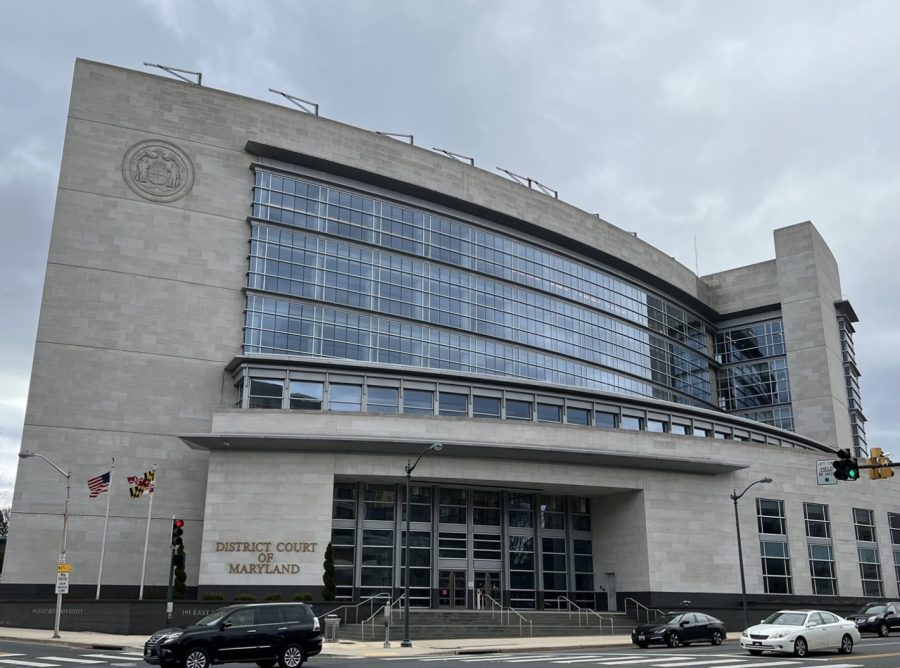CON: Skip the extra work, combat grade inflation
April 10, 2019
When first semester came to an end a few weeks ago, so did many students’ desperate quests for one crucial move: grade bumps. Whether it was frantically turning in several assignments as a Hail Mary to change the Zs in gradebook, cramming harder than ever for the last test of the quarter or pleading with their teachers for mercy, a number of students feverishly—and often successfully—tried to raise their borderline grades.
To give students a chance to improve grades without all the begging and bargaining, some have suggested that MCPS allow extra credit work. While nearly anything sounds better than the current chaos that takes place, this proposal is not the solution; extra credit would only punish those who already struggle in certain classes and increase students’ workloads, as well as further increase grade inflation.
The flaws with extra credit are well apparent in the few classes that do offer versions of this benefit. In order to prevent extra credit assignments from being completely give-me points, teachers often make the work more advanced, such as using calculus in a statistics class or writing an additional, difficult essay for English. Problematically, this extra credit is often out of reach for students who have lower grades—the ones who actually need the boost from extra credit—because they already have greater difficulty doing the assigned work. Teachers also then have to spend more time grading the extra assignments of top students, rather than using that time to help out struggling students.
For the students who already understand the material, these assignments can also quickly become busy work. Logically, most students will try to do most or every extra credit assignment in order to maximize their grade. Extra credit is inherently not necessary for the students who comprehend the material; if it were crucial or exceptionally beneficial toward the student’s learning, the assignment would already be in the curriculum. The end result is students having more work and longer nights.
Offering extra credit would also lead to more—of the already present problem—grade inflation in MCPS. Some argue that extra credit provides a valuable opportunity for students to prove themselves at the end of the quarter and salvage their grades. But grades should be earned from a thorough understanding of course material, not because the student was willing to spend dozens of hours doing non-essential supplementary work. We should encourage students to be reliable and hardworking rather than procrastinate until the last moment.
MCPS doesn’t need extra credit; there are already enough ways for students to achieve a high GPA. Implementing extra credit would only make GPAs more polarized and force students to do more busywork. That’s not the kind of “extra” students need in their lives.










